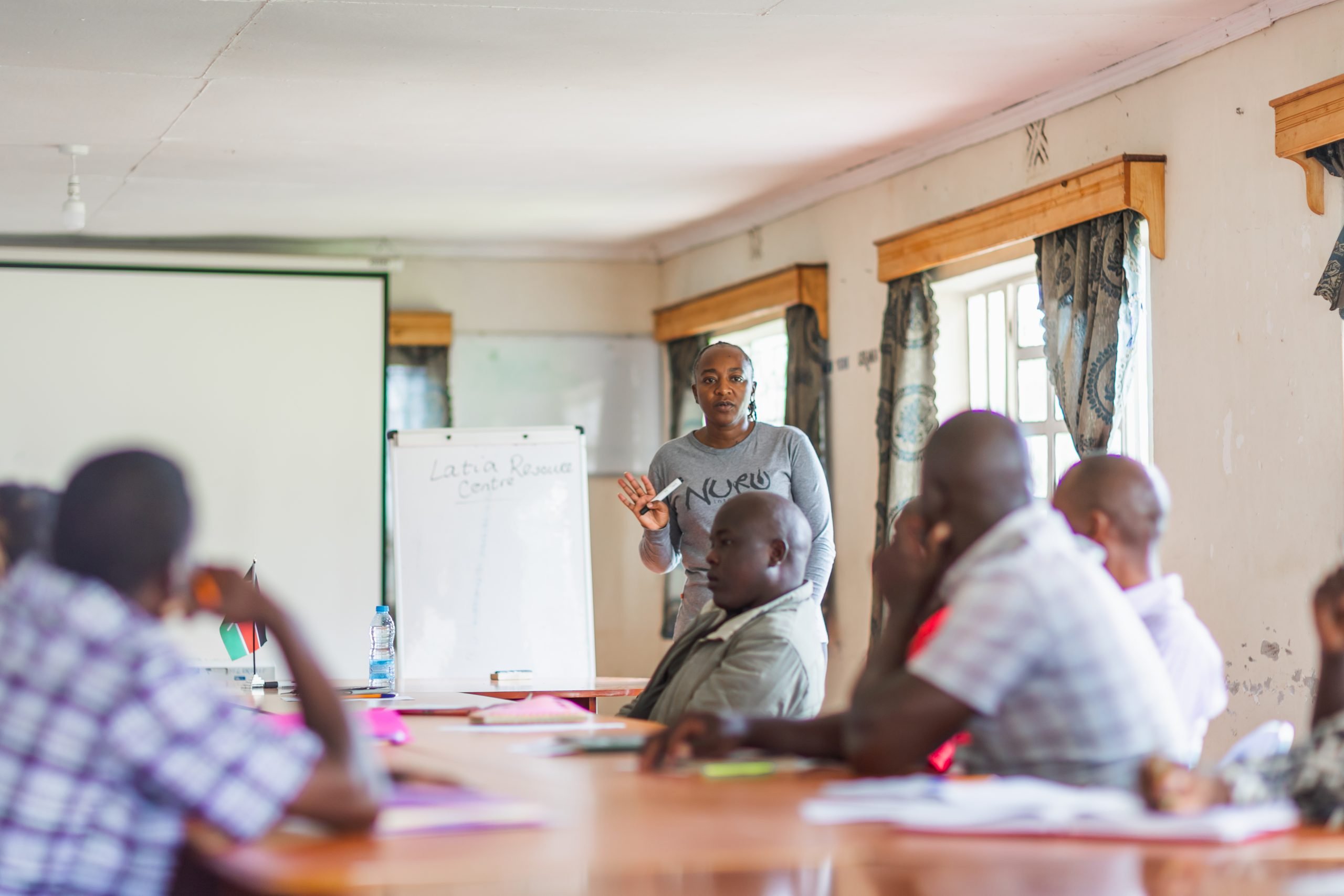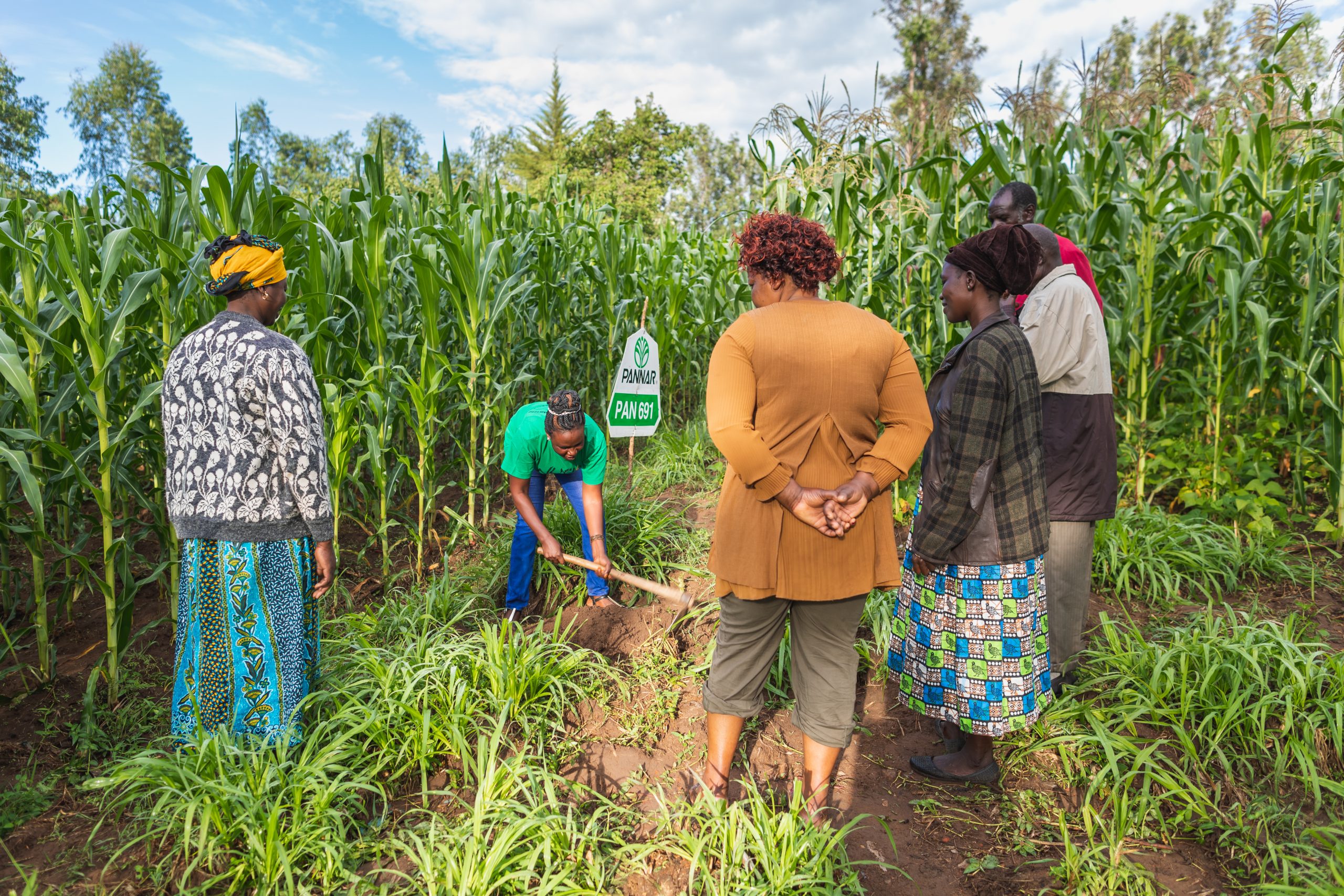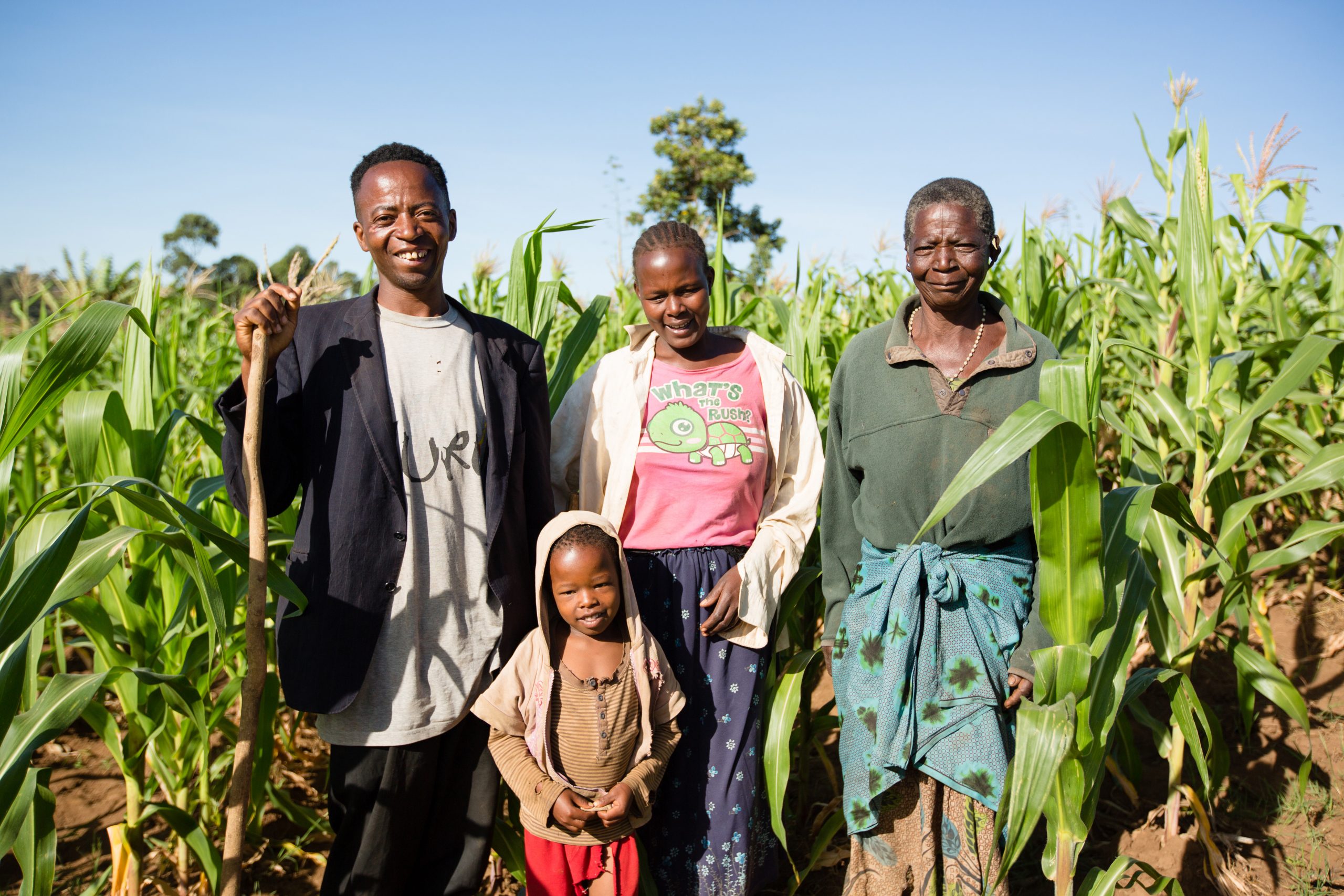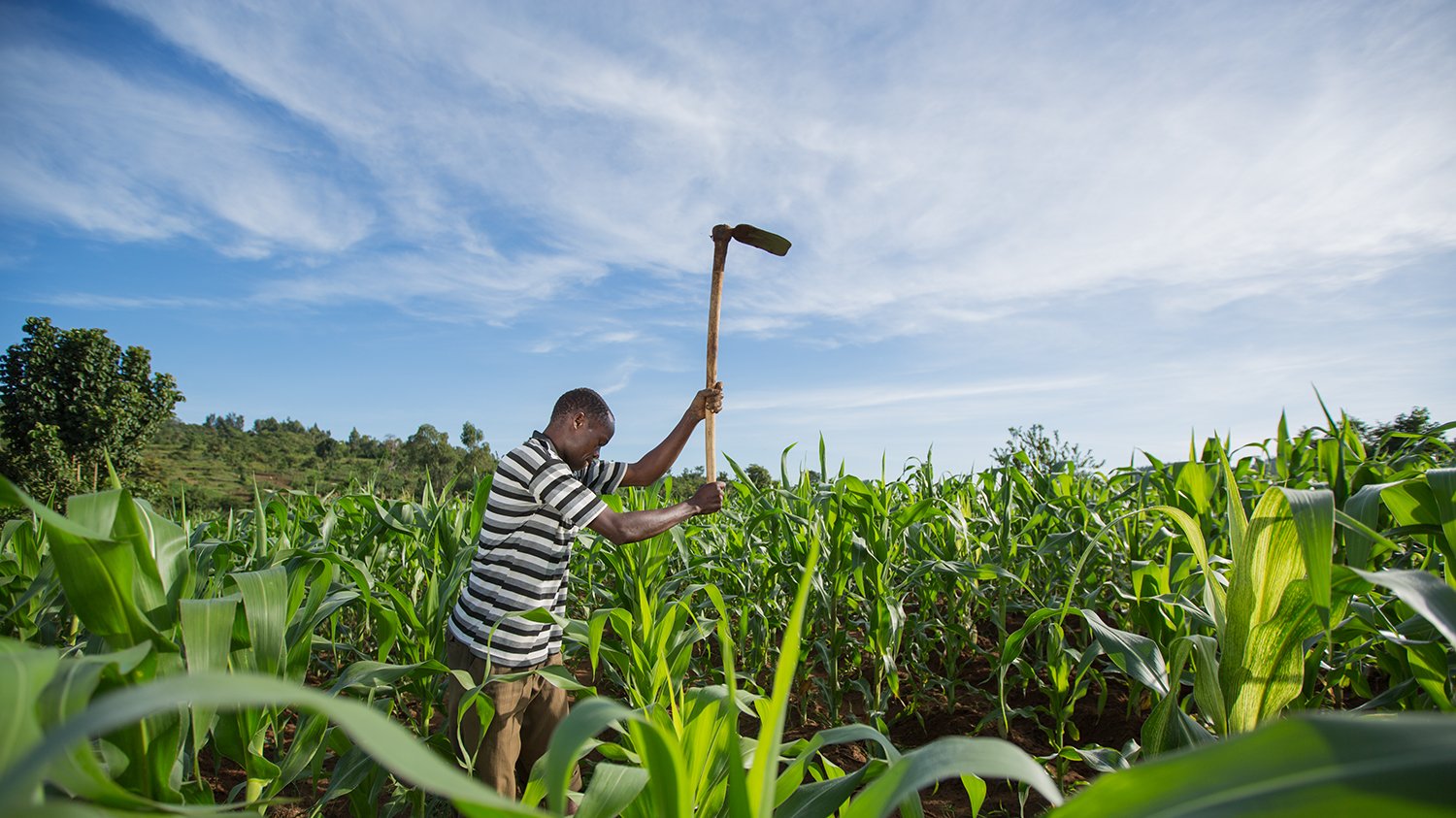Five years ago, Nuru International expatriates left Kenya and handed over the operations of the Nuru Kenya NGO to the local team. The international team had high expectations, having mentored the local team for seven years.
Preparation for Exit
Despite their excitement to take over operations, the local team was also skeptical about their capacity to handle the treacherous landscape of poverty reduction, especially due to its unpredictability. As soon as the expatriates left, the Kenyan team launched community outreach to clarify the departure of the ‘donor’. Despite the targeted messages explaining the exit, the community needed continued consolation at the grassroots level.
The preceding weeks and months were marked with a lot of activity around the establishment of smallholder cooperatives in Migori County. Nuru Kenya was using this new approach to reach the farmers more cost-effectively. The cooperatives provided a legal structure that was more sustainable. This structure allowed farmers the opportunity to invest in their entities through shareholding, make independent decisions, and apply their choices in order to break generational cycles of poverty.

Nuru Kenya Managing Director Pauline Wambeti leads a meeting.
Local Achievements
The local team has achieved many milestones. In 2019, Nuru farmers experienced increases in their crop yields by 98% over baseline, exceeding the annual target of 32%. They saw a 35% increase in milk yields, which resulted in a 70% increase in income for their households. Beyond achieving milestones, Nuru Kenya has learned many more lessons over the years. The team has worked hard to grow the model to address poverty and the emerging needs of the community. The four impact programs (Agriculture, Financial Inclusion, Healthcare, and Education) that defined the Nuru Model in the formative years transformed into programming focused on rural livelihoods (agriculture and dairy). Additionally, efforts focused on capacity building, financial management, and leadership training.
Local Ownership
First, the Livelihoods Program empowers the community to diversify their household income through investing in profitable agricultural practices. The smallholder cooperative members are able to receive seed capital to facilitate crop and animal husbandry. The organization has since set up a revolving fund that is managed through the Nuru Stores. This fund enables the cooperatives to avail quality farming inputs to their members promptly every season at affordable prices.
Secondly, the Social Wellbeing Program now incorporates aspects of the previous healthcare and education interventions. Designated representatives in the cooperatives implement these interventions by mobilizing their members to dialogue on health and wellbeing-related issues.
Lastly, the Leadership Program equips the local team with the requisite skills to deliver high-quality programs to the communities. The program has since scaled its offering to the community members. It now delivers short courses on financial modeling, business planning, record keeping, and governance to the management committees of the 14 farmer cooperatives. The Kenyan team is currently transforming the Leadership Program into a Technical and Vocational Education Training Institute that will offer additional livelihood-based training on animal and crop husbandry, soil management, and agriculture entrepreneurship.

Building on Success and Failures
Nuru Kenya greatly benefited from the scaffolding the expatriate team set up in 2008. The values shared by the expatriates resonate still today. As they took over, the local team appreciated the values of co-creation, innovation, and bold action. The team understands that while facilitating transformation, they will encounter some failures. They have learned from their failures and those of others–a key ingredient to the successes they are achieving as they are scaling into other counties.
With local leaders at the helm, there is a more sustainable approach to the diversified livelihoods. Therefore, farmers now have the opportunity to invest in these value chains. The meaningful involvement of smallholder farmers has enabled the Nuru Kenya team to appreciate being held accountable by the community to deliver on their mandate. Nuru Kenya invests heavily in growing leaders internally and in the community. The local team’s investment is slowly paying off. The smallholder cooperatives–comprised of members who were previously unable to gain access to formal financial institutions due to lack of credit, collateral, and reliable income–are gradually attracting investors and accessing funding opportunities. These cooperatives are now providing market access to their members and creating employment for their youth.

Plans for Future Scaling
Today, it is encouraging to see the community building on the investment the Nuru International expatriate team made in 2008. Since 2008, Nuru Kenya has impacted over 90,000 households, established 14 cooperatives, and consistently helped communities tackle extreme poverty while building resilience in farmer families. Nuru Kenya continues to drive transformative change in impoverished, rural communities and looks forward to expanding efforts in Baringo, Homa Bay, and Elgeyo-Marakwet Counties in the coming year.
You can read more about the expatriate exit from Nuru Kenya in this USAID-funded case study. Additionally, you can find more information about the impact of Nuru Kenya’s work in the 2019 Impact Report.


